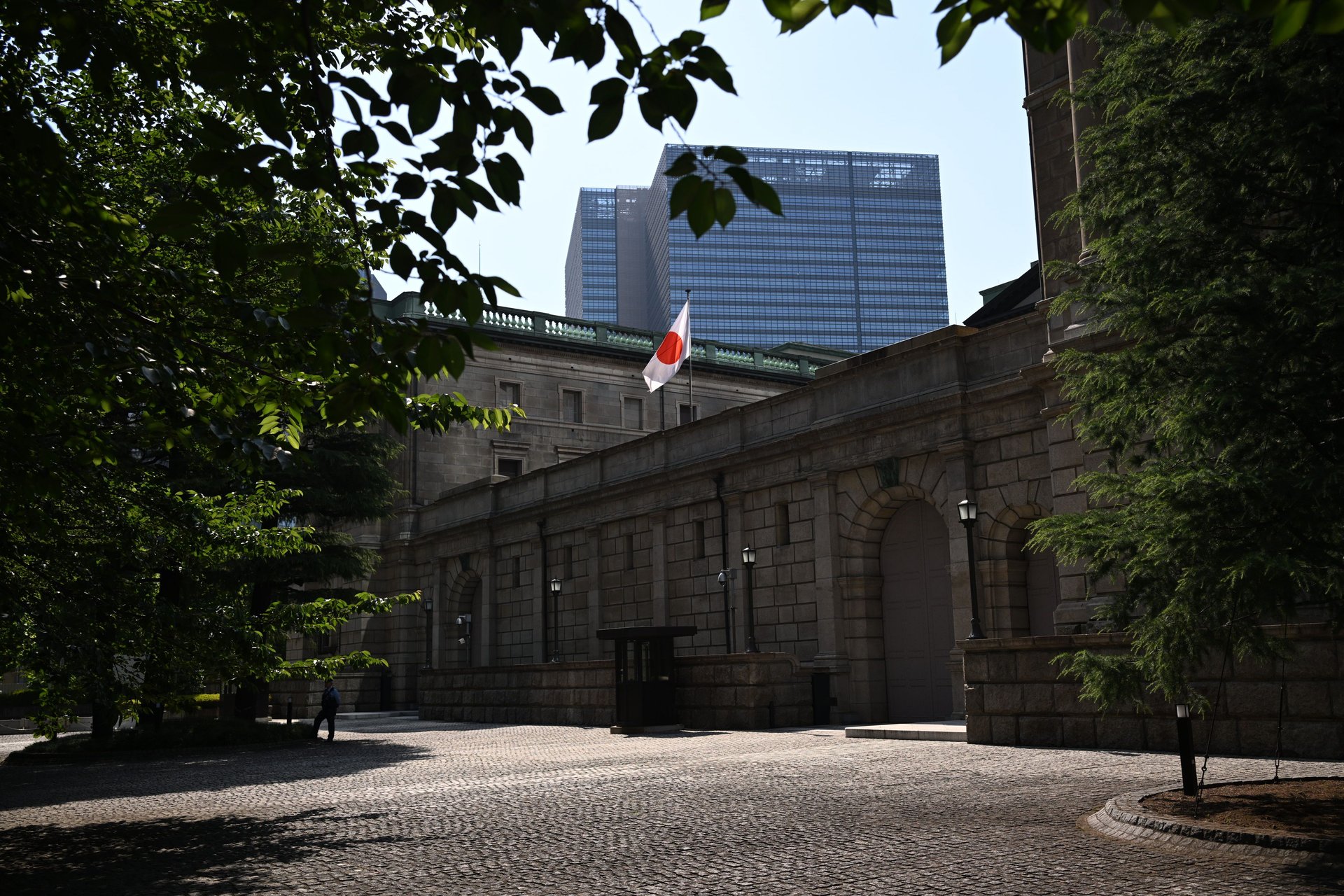Japan is calling Trump's trade bluff
Japan isn’t biting, but the Trump administration needs 88 more deals in seven days to hit its own deadline

Akio Kon/Bloomberg via Getty Images
With just a week to go before President Donald Trump’s self-imposed trade deal deadline on July 9, U.S. negotiations with Japan have stalled — again.
Instead, Tokyo is rejecting the Trump administration's proposed terms. Those include a so-called “voluntary export restriction” that would cap the number of Japanese cars shipped to the U.S., which has been floated as an alternative to Trump’s 25% auto tariffs.
Why Japan is calling Trump’s bluff
Japan’s refusal to accept U.S. terms is a reaction to what many economists would call economic coercion. The so-called “voluntary” export cap being pushed by the White House would force Japan to artificially limit its own car exports, kneecapping a key Japanese industry. The apparent alternative the U.S. is offering would have Japan accept a punishing 25% auto tariff. Like the cap on exports, such a deal would kneecap Japanese automakers in their most important foreign market.
By extension, either option would be politically toxic for Prime Minister Shigeru Ishiba, whose minority government is already under pressure ahead of an election scheduled for later this month. Most important, neither offers Japan anything meaningful in return. The Trump administration’s demands appear to be less negotiation than a dare: accept economic damage, or we’ll escalate. Now Japan is calling the bluff.
It likely does not help that “TACO” jokes – an acronym for "Trump Always Chickens Out" that refers to Trump’s reputation for backing down on trade threats – are circulating throughout mainstream news, to say nothing of X chatter and related social media discussion.
The state of negotiations
As of this week, Japan looks to be bracing for a full-blown tariff fight. Despite Commerce Secretary Howard Lutnick’s and Trade Representative Jamieson Greer’s warnings, Tokyo has held firm, refusing to budge on what it calls a matter of national interest.
Trump, for his part, has turned to another typical approach: making headline-grabbing claims with little basis in fact. “We give Japan no cars,” he said during a Fox News interview. “They won’t take our cars.”
However, despite Trump’s claim, Japan does not in fact block or impose any tariffs on U.S. car imports. While it’s true that few American cars are sold in Japan, that’s not because of legal or tax-related issues. Instead, the issue is demand. U.S. cars tend to be larger, left-hand drive, and poorly suited to Japan’s compact roads and Japanese consumers’ preference for very small, fuel-efficient cars — not to mention vehicles with steering wheels aligned to Japanese standards.
Trump has similarly accused Japan of refusing to accept U.S. rice imports. That’s not true, either.
On Truth Social, he accused Japan of refusing U.S. rice despite a “massive rice shortage,” vowing to “just send them a letter.” In reality, Japan already imports hundreds of thousands of tons of U.S. rice annually under a WTO agreement. The Japanese rice shortage, which has seen supply wane on the back heat waves and panic buying, has been easing up in recent months, too, undercutting the leverage Trump might have hoped to gain.
Still, Trump’s rice claim fits a broader pattern: making confident, emotional assertions about trade that directly contradict official data. Just two months ago, he claimed the U.S. “doesn’t need” Canadian cars, lumber, or energy despite a sharp rise in imports of all three, as fresh government data showed.
In both cases, the president painted longtime allies as trade freeloaders, even as American consumers and manufacturers remain deeply reliant on the exact supply chains in question.
Looming deadline for deals?
The administration had promised dozens of trade deals by July 9, the end of a 90-day tariff pause. So far, it has secured only a limited pact with the U.K. and a temporary truce with China. Meanwhile, pressure is mounting. Administration officials promised 90 deals in 90 days, and have produced just two partial agreements in 83 days.
The notion that 88 trade deals will come over the next week seems unlikely. Like the Japanese negotiations, talks with Canada, South Korea, Vietnam, and even the E.U. are showing signs of breakdown, with allies frustrated by mixed messages from Trump’s team. Even a Republican senator recently admitted that he left a hearing — the purpose of which was, in part, to explain the administration’s strategy and goals — just as confused, not less.
Looking ahead, it appears likeliest the administration will move the deadline or perhaps change its demands. Risks to supply chains and domestic supply notwithstanding, U.S. market reactions to trade drama have been muted in recent weeks as folk “TACO” wisdom takes hold.
